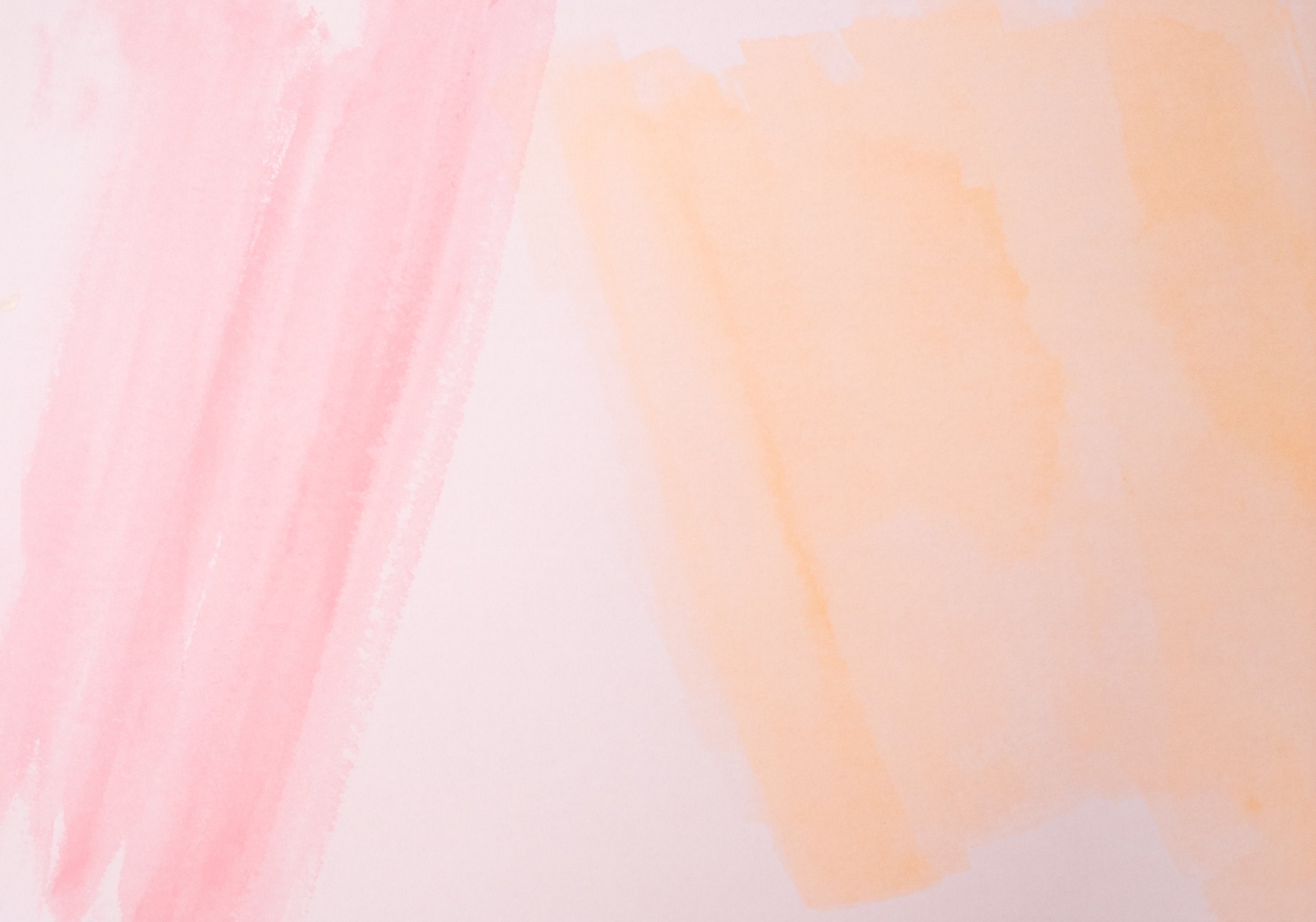
About the European Patent Attorney profession
INTERVIEW
Paulina Młynarska
Country: Poland
Company size: 50-100
Experience: 5-10 years
Type of work: Private practice
How did you learn about the Patent Attorney profession and what inspired you to become a (European) Patent Attorney?
It was blind luck. I volunteered as a science educator, which was part of my work as a coordinator for my university's scientific organization. At one of educational fairs, I had a very interesting conversation with the HR manager of my current employer who attended the event with her children. There, I learnt about the patent attorney profession. I really liked being a member of the scientific community and participating in international conferences and other events. Patent attorneys also build a vivid, international community that I appreciate being a member of.
Most people know that Patent Attorneys help clients obtain a patent. However, what other tasks are you responsible for?
Sometimes, I do the opposite and help my clients invalidate patents of their competitors. The most important aspect of every patent is that its owner can block infringements. I can work on either side of a possible litigation process, providing FTO analysis or supporting mediation or court proceedings. Analytical thinking, linguistic and interpersonal skills are very useful at my daily work. It's also good to have an eye for details.
If you had to split your role into science, law, and business, what is the proportion of each?
Legal advice is needed in order to make smart business decisions. But the core of my clients’ business is the technology they use and develop, so a good understanding of the technological aspects is always beneficial.
What does the team structure at your workplace look like?
I work for one of the biggest law firms in Poland specializing in intellectual property and providing comprehensive customer support. My team consists of engineers with electromechanical background and specialized patent administrators. We cooperate with a life science team, trademark and industrial designs teams, litigation lawyers, an EP validations and technical translations team, annuities department, and administration division.
What does your average workday look like?
I start with a coffee and checking my inbox. I always have some bullet points planned for each day, but it's important to reprioritize tasks quickly and adjust them to the current needs of our clients. We quite regularly receive last-minute client’s requests or official communications with a rather short deadline for response. Official communication with patent offices is mostly done in writing, but communication with clients is highly dependent on an individual and varies depending on a situation: emails, telephone conversations, online or in person meetings. It is important to keep a high level of organization and order in this rather dynamic daily life. Keeping an eye on formal details and deadlines is an important part of the job.
What would a dream workday as a (European) Patent Attorney look like for you?
Working on a very interesting case that somehow requires food tasting and stroking puppies.
What is the most exciting aspect of being a (European) Patent Attorney for you?
Paycheck! I also appreciate the fact that I don’t get bored and that I can cooperate with some fascinating and creative people. It is always very exciting to see how products I have analyzed at an early stage of drafting a patent application are launched on the market.
What are your least favourite tasks?
Sometimes, it's not easy to explain to people that their idea cannot be patented as they wish it would be. In such cases, I need to give them an unpleasant and condensed lesson of the intricacies of patent law.
Does your job allow you to have time for your hobbies? Do you have any side projects related to patents?
After work or when I’m on holidays, I enjoy sailing and hiking to reset my mind. Contact with nature and switching to a survival mode where I sleep in a tent in the middle of nowhere is very important for me to keep a healthy distance needed in my everyday life.
I enjoy taking part in educational initiatives. I'm a coach for EQE candidates involved in the EPO Candidates Support Project organized by the EPO, and I'm a member of the EQElibrium tutors team.
If you could start your career over, would you change anything?
It would be nice to know all three EPO languages and not need to rely on translations when analyzing interesting cases. But to become fluent in German, I probably would need to start my school over and not only my career.
If the Patent Attorney profession suddenly disappeared tomorrow, what else would you do?
I would probably find another job that would bridge technology and business. The whole process of technology transfer and commercialization is very interesting.
What advice would you give someone that wants to become a European Patent Attorney?
Find support in the community growing around EQE. You will spend long hours learning, and so it will be easier and more fun to share this experience with other EQE candidates understanding your struggles.
What do you think about the future outlook of our profession?
For sure it will change, just like the technology our clients work on changes drastically every few years. As is largely the case with intellectual labor, it will get automatized to some extent. But a great calculator does not make a great mathematician, even though automated calculations can speed up and facilitate mathematicians job.

